Events
Navigating Research in the AI Era: Insights from Dr. Geddam
The Department of Languages conducted a workshop titled “Writing for Impact: Research in the Era of AI” on May 12, 2025. The workshop aimed to offer practical skill-building and addressed the challenges and opportunities presented by AI in scholarly work, particularly emphasising ethical integration and critical engagement with AI tools. The resource person for the event was Dr. Samuel Morse Geddam, Assistant Professor at St. Joseph’s University, Bengaluru.
The workshop commenced with Dr. Ajith K., assistant professor, who delivered the welcome address and underscored the growing importance of AI literacy among research scholars in today's digitally driven academic environment.
The workshop was divided into two interactive sessions with a brief tea break in between, allowing participants to reflect and engage informally with the speaker and peers.
In the first session, Dr. Geddam emphasised a balanced use of AI in research—welcoming its tools while upholding academic integrity. He discouraged over-reliance on platforms like ChatGPT for literature reviews, recommending credible sources like Scopus. He also introduced a structured approach to analysing research papers based on objectives, methodology, and findings.
In the second session, Dr. Geddam showcased AI tools like Scispace.com for academic writing, survey design, and content analysis. He compared Scispace and Scopus with Google Scholar, cautioning against the latter’s inclusion of non-credible sources, and emphasised the importance of quality control in research.
Throughout the workshop, participants learnt how AI can support researchers in refining their topics, organizing their reviews, and synthesising findings—without compromising the originality or credibility of their work.
The session concluded on a high note, equipping attendees with actionable strategies and ethical frameworks to navigate academic research in the AI era. The workshop was especially beneficial for early-career researchers aiming to enhance the impact and relevance of their work in a rapidly changing scholarly landscape.
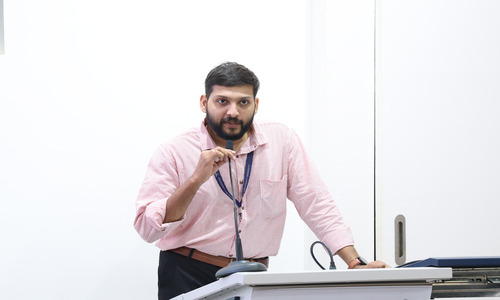
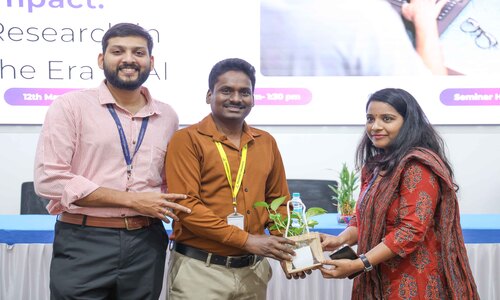
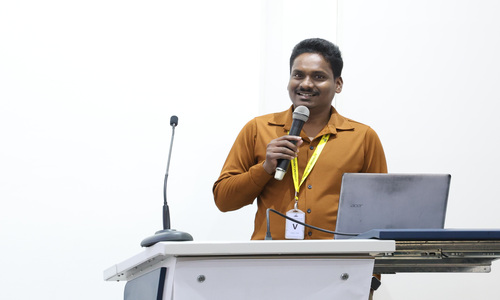
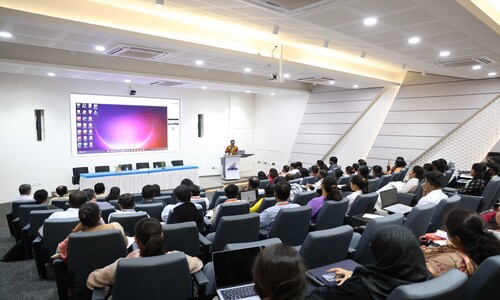
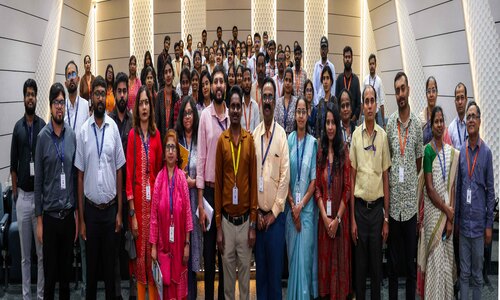
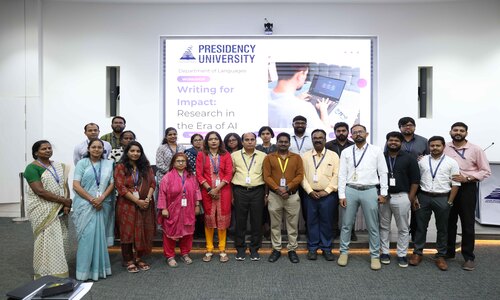













 Rajanukunte, Yelahanka, Bengaluru, Karnataka, Pin: 560119, India
Rajanukunte, Yelahanka, Bengaluru, Karnataka, Pin: 560119, India
 +91 9022092222
+91 9022092222